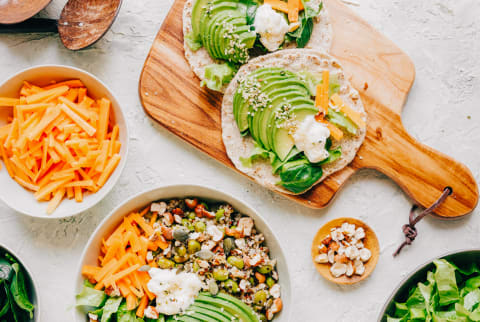Advertisement
Older People Should Eat More Cereal To Support Better Memory, Study Finds


Diet's implications for our memory and brain health are well documented. Leafy greens, beans and legumes, and even fatty foods have been shown to support our brains and prevent cognitive decline.
While following guidelines for healthy eating and being mindful of nutrients for our brain may seem like lifelong practices, new research is investigating whether we actually need to be adjusting our diet as we age1.
Why we should update our diet as we age.
The study, conducted in Australia and published in the International Journal of Public Health, aimed to find out whether we should be changing our diets as we age to best support our brain and overall health. Using data from over 139,000 people, the researchers found that eating more or less of certain foods at different stages of life is linked to memory loss.
Many of their findings were consistent with what we already knew, like high-protein diets supporting better memory. But they also found that, for people over 80 in particular, grains may be a crucial part of continued memory support.
"Our present study implies that the healthy eating suggestions of cereals consumption in the prevention of memory loss for older people may differ compared to other age groups," said Luna Xu, Ph.D.
When they say "cereals," they, of course, don't mean a bowl of sugary breakfast cereal (though it's getting healthier). "Cereals" refers to any of the grains we use for food—things like wheat, corn, and oats.
Why we may want to reconsider dietary guidelines.
With their findings in mind, the researchers recommend we reconsider how we write dietary guidelines to account more for age.
As people live longer, we're faced with more challenges of supporting the aging community. Dietary interventions are a powerful means for improving health, and this study may allow doctors to provide even better recommendations for patients.
"The dietary intervention in chronic disease prevention and management, by taking into consideration the fact that older populations often simultaneously deal with multiple chronic conditions, is a real challenge," said Xu. By considering how dietary recommendations may need to be adapted as patients age, it may better allow doctors to help prevent and manage the chronic diseases, including dementia and Alzheimer's, which are becoming more common.
While this study calls out the link between cereals and grains for memory in people over 80, it's not as if anyone younger should be eliminating gluten for brain health (unless, of course, you're allergic).